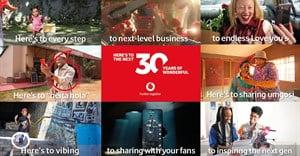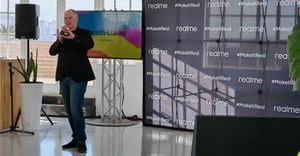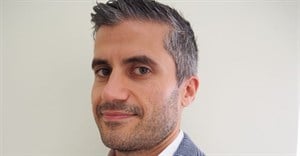Trending
Elections 2024
Jobs
- Student Recruitment Officer Durban
- Programme Coordinator Post Graduate Studies Durban
- Administrative Assistant Cape Town
- ICT Support Port Elizabeth
- Senior Software Engineer and Business Systems Manager Cape Town
- Senior Lecturer - Editing (Fiction) Johannesburg
- Lecturer - School of Information Technology Cape Town
- Contract Assessors Remote
- Financial Manager Johannesburg
- Lecturer In Editing Durban
#ATF2023: Vodacom joins the space race to beat Starlink
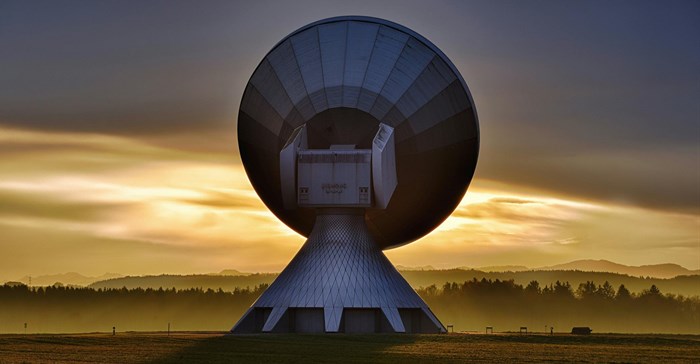
Earlier this year, Vodacom, in collaboration with Vodafone and AST SpaceMobile, successfully trialled the direct-to-device project in Kenya with Safaricom. AST SpaceMobile, in turn, used its Q3 earnings call earlier this week, as an opportunity to reveal that it has reached 40mbps in these tests and will be launching the first five of its BlueBird satellites in early next year.
The spacetech company has partnerships in place with about 40 mobile network operators (MNOs) worldwide, including Vodafone, AT&T, and Rakuten, and is expanding its satellite deployments to provide communication services to 4G devices in Africa and beyond.
In September Vodacom also announced its plans to leverage Amazon’s Project Kuiper low Earth orbit (LEO) communications initiative to extend coverage to rural areas where traditional terrestrial communication solutions are challenging and costly.
“Satellite connectivity projects have the potential to enhance our rural connectivity plans as well as improve the stability and speed of internet services in urban areas,” says Dejan Kastelic, CTO for Vodacom Group.
“Our long-term goal is to investigate the applications of the Internet of Things (IoT) over non-terrestrial networks, which can serve as an industry 4.0 catalyst.”
Bigger satellite conversation

While the Vodacom announcements were not news to many of the journalists attending AfricaCom, it did come on a day when the focus shifted away from the fibre connectivity conversation towards the skies above.
“We don’t connect people in rural areas for no reason,” said Dr Samantha Torrance, head of policy implementation for Access Partnership during a panel discussion about the future of satellite solutions in Africa.
“It’s about the socioeconomic effects of isolated communities being able to access digital infrastructure to market their businesses or upskill themselves.”
The comments were delivered in the context of previous satellite launches by African governments that weren’t necessarily tied to any policy goals.
“Putting satellites in space is massively expensive, so there should be a major focus on the return on investment of the project. Public-private partnerships make more sense than governments trying to take it on by themselves,” added Bradley Shaw, VP for spacetech company Lynk in the MEA region.
Shaw explained how companies like Lynk need to partner with MNOs to use their spectrum to connect to devices. “When we get to 500 satellites, rural connectivity in Africa will be solved,” he said.
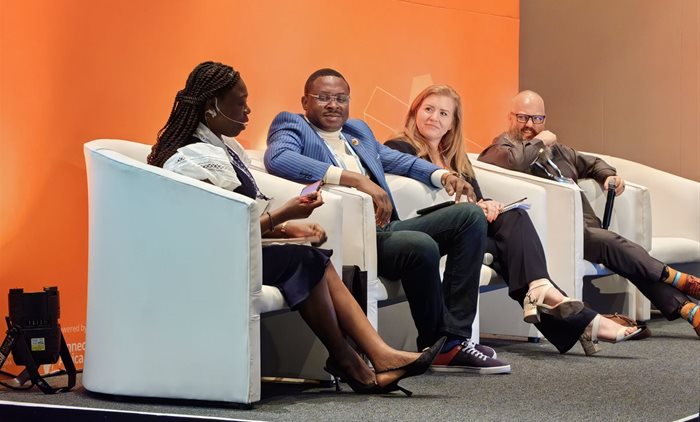
Collaboration is key
Amazon justifies Project Kuiper as a way to fill coverage gaps in rural our hard to connect areas, but also explains that developing and deploying satellite technology requires significant innovation and investment.
The Jeff Bezos-founded company says it has “the people and resources required to deploy and operate global satellite broadband services, and we feel a responsibility to use our success and scale to help bridge the digital divide.”
A successful launch in early October has put the project on track to begin serving customers by as early as Q4 2024, the details of the US regulatory license demanding at least half of the constellation active by the middle of July 2026.
Vodacom’s solution may be the quickest route South Africans have to an official satellite ISP since Elon Musk’s Starlink has yet to apply for a license through Icasa.












